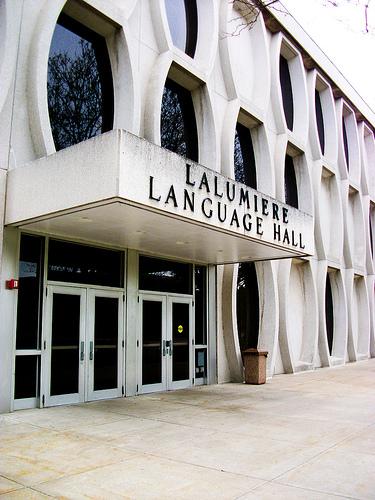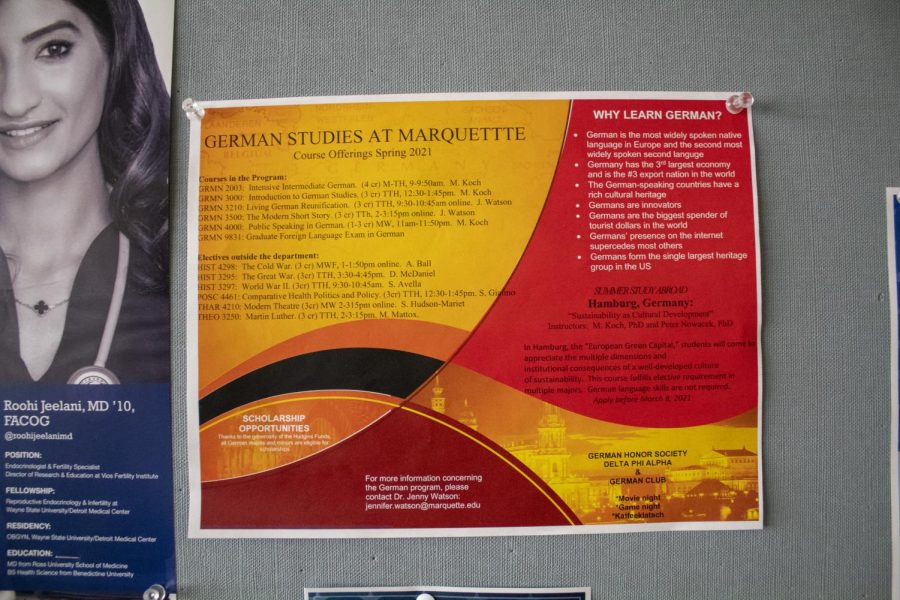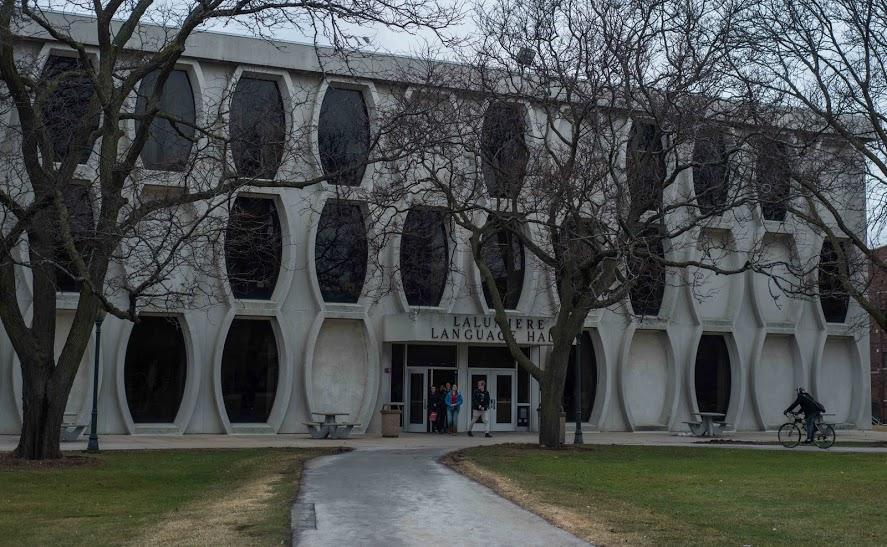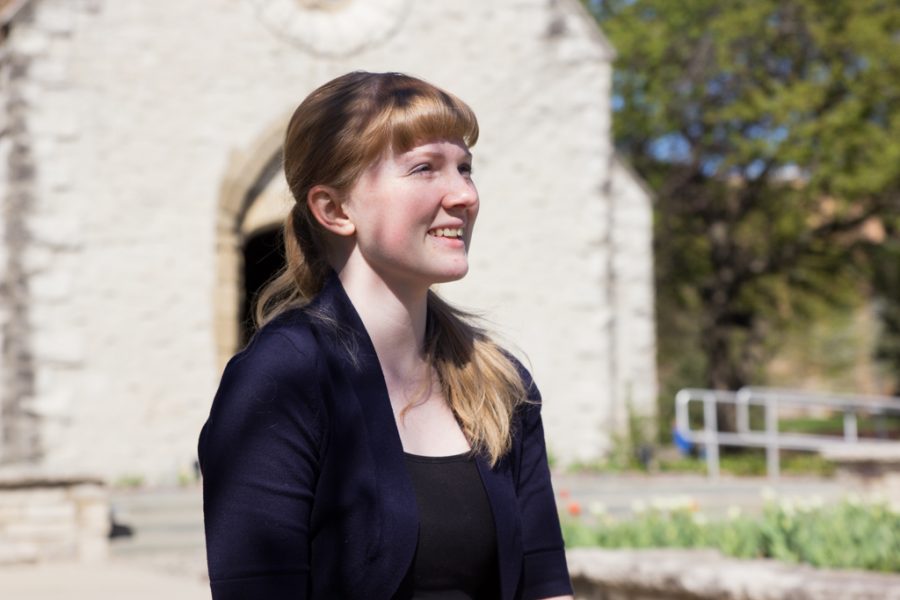
Marquette University must make deliberate efforts to enhance its resources for language programs by recruiting more faculty members and offering more courses so students seeking to expand their language understanding have the necessary support to do so.
Students wishing to pursue a language major or minor face potential challenges fitting language courses into their schedules due to narrow offerings of in the Department of Languages, Literatures and Cultures.
This course shortage may cause students to miss out on exploring their identities, cultures and interests. They may lose the opportunity to enhance their world citizenship and career readiness. Not having a robust language program may limit students’ ability to have a diverse, enriching liberal arts education and could discourage prospective students.
According to a Department of Languages, Literatures and Cultures brochure, the department offers courses related to nine different languages: American Sign Language, Arabic, Chinese, Classical Greek, French, German, Italian, Latin and Spanish.
From these courses, students can major in classics, French, German, Spanish for the Professions, Spanish Language and Literature and Interdisciplinary Latin American Studies. Students can minor in Arabic Language and Culture Studies, Asian Studies, Classical Languages, Classical Studies, French, German, Italian Language and Culture Studies, Latin American Studies, Latinx Studies, Spanish Language, Literature and Culture, and Spanish for the Professions.
Eugenia Afinoguénova, chair of the department of Languages, Literatures and Cultures, previously told the Marquette Wire not having enough faculty is an obstacle. Afinoguénova said the number of faculty members per language varies depending on demand for each language. Lower enrollment in a program may not be due to a lack of student interest but a lack of faculty and flexibility.
Additionally, former dean of the College of Arts & Sciences Richard Holz said in a previous Marquette Wire story that the college requires that at least 10 students enroll in a course before it can take place.
This broader policy should not remain in place. It discourages the university from proactively spurring student interest in languages by offering additional courses. Smaller class sizes would improve the classroom environment by creating a more intimate learning community. Smaller average class sizes may encourage prospective students to pursue Marquette, which could be helpful as challenging demographic changes approach. According to university data, the current student-to-faculty ratio was 14:1 as of fall 2019.
As of spring 2020, 101 students have majors in the Department of Languages, Literatures and Cultures, and 105 students had majors in the department in fall 2019, according to the Office of Institutional Research and Analysis.
More popular languages such as French have also seen a decrease in student enrollment. According to the Office of Institutional Research and Analysis, there were 17 students majoring in French in spring 2019, 10 students in fall 2019 and 9 students in spring 2020.
Despite decreasing enrollment, the university should support students who wish to continue their studies in a language by recruiting more faculty and providing more class times.
To attract more students, the university could provide scholarships for less-learned languages. It could also develop more interdisciplinary majors and minors that could incorporate language courses. A few of these interdisciplinary minors are Arabic Language and Culture Studies, Asian Studies, Classical Studies, Italian Language and Culture Studies, Latin American Studies and Latinx Studies.
On top of this, the university could help the Department of Languages, Literatures and Cultures expand its programming by encouraging more colleges across the university to implement language requirements to better prepare students for the workforce. Currently, the College of Arts & Sciences is the only college at Marquette that has a language requirement for students pursuing a bachelor of arts degree.
According to a 2017 report by the nonprofit New American Economy, employers in service-related fields — like customer service and sales representatives — are increasingly seeking individuals with bilingual skills. Other jobs with a demand for bilingual candidates are nursing assistants, social workers, industrial engineers and lawyers.
Requiring all Marquette students to enroll in language courses would not only enhance their career readiness and distinguish them from others, but it would expand the field of course times and options for students studying languages.
The university must take deliberate action to invest and enhance the Department of Languages, Literatures and Cultures in order to meet the needs of current students and attract future students.




